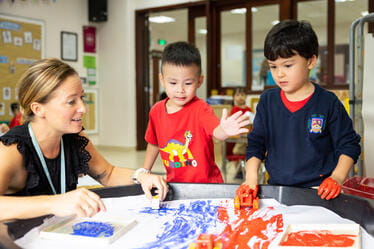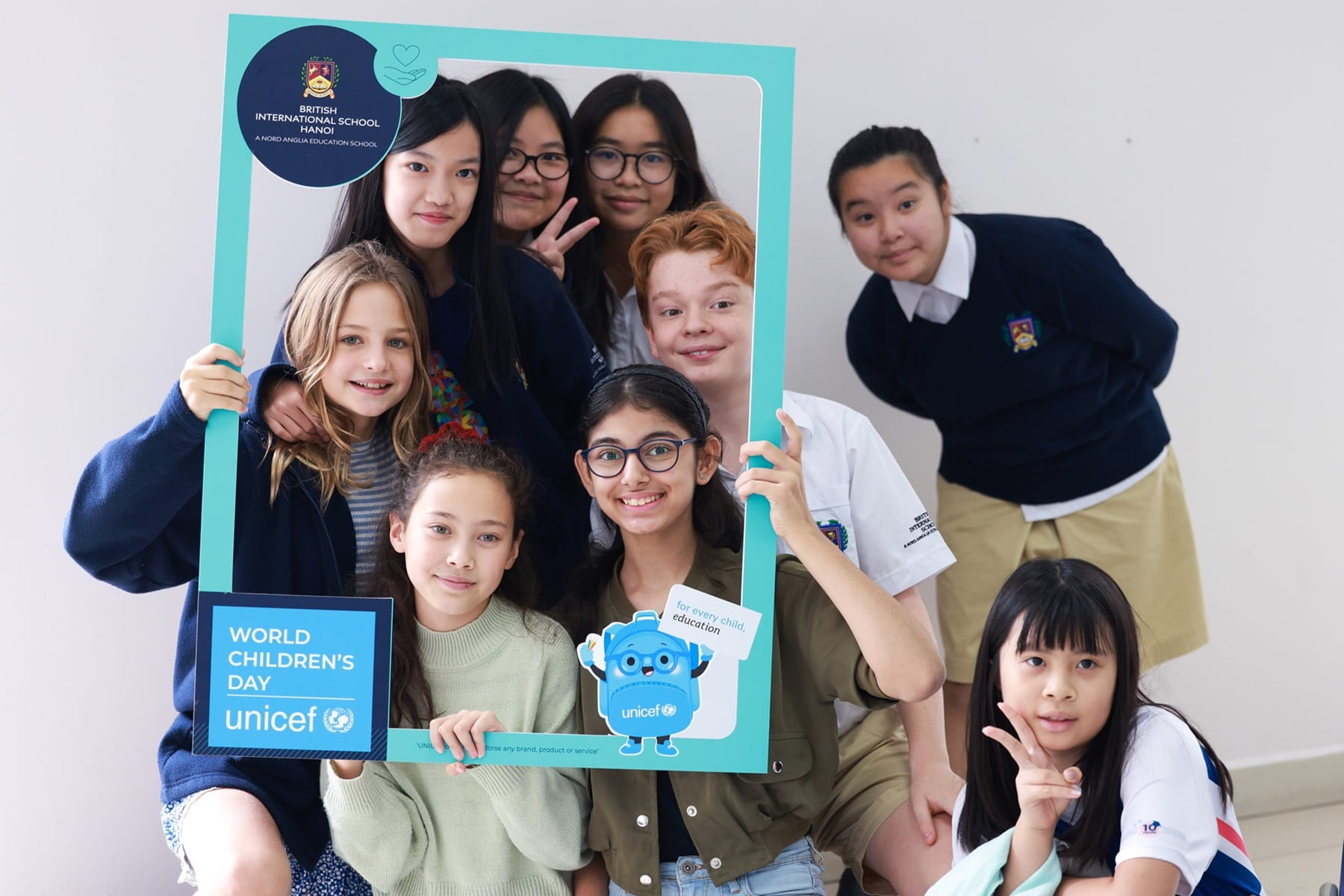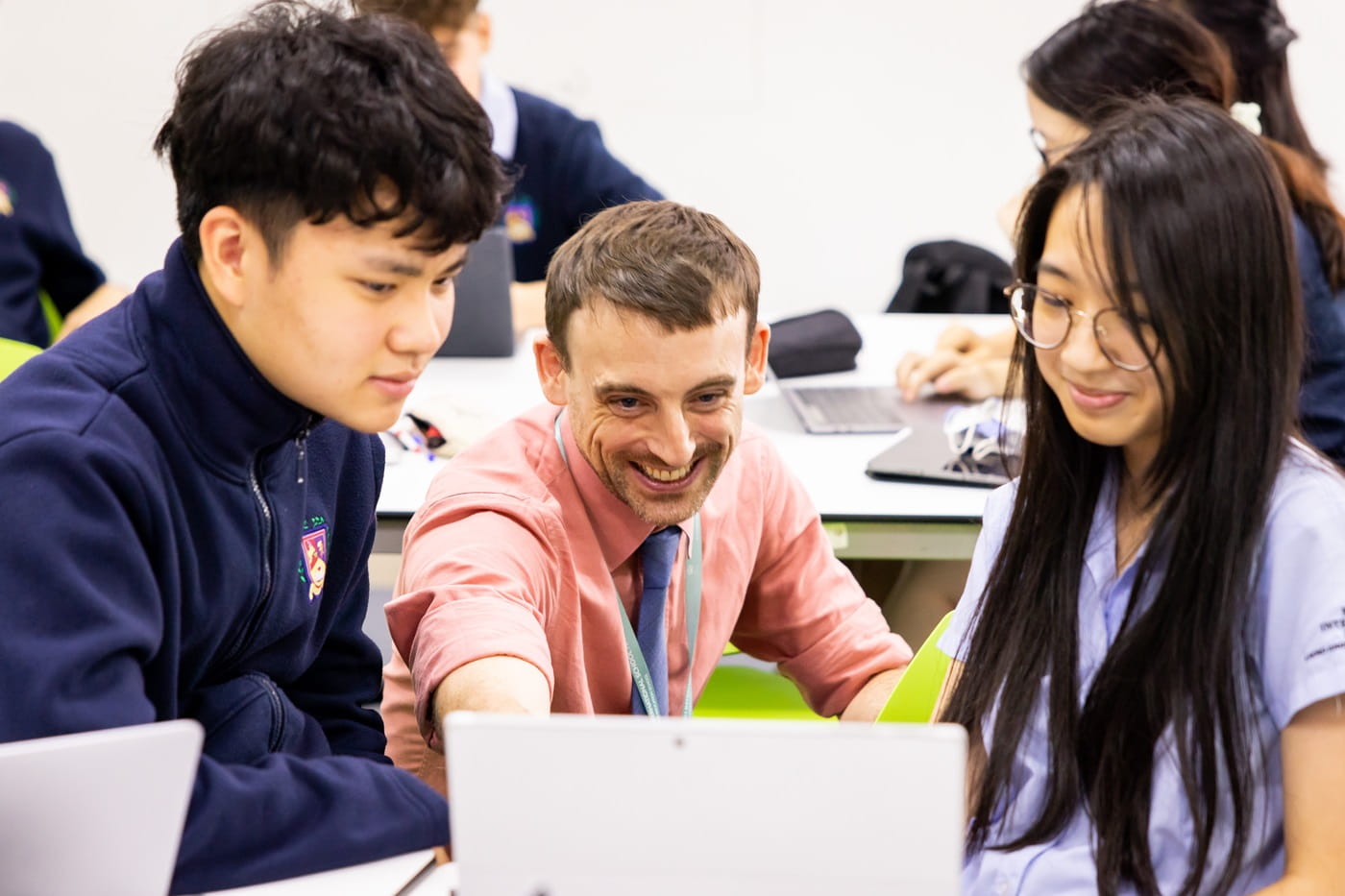#BlackLivesMatter actions in school As you are most likely aware countries around the world are looking at their own problems of racism, often towards their own indigenous and minority people and black people and trying to do better. Our teachers have been talking with students the last couple of weeks about Black Lives Matter and different countries responses.
As you are most likely aware countries around the world are looking at their own problems of racism, often towards their own indigenous and minority people and black people and trying to do better. Our teachers have been talking with students the last couple of weeks about Black Lives Matter and different countries responses.
Here are just a few examples as to how we are addressing the issues in our Secondary curriculum:
- The English department is looking at various readings and seeing it through the context of what is happening now, and ensuring our curriculum allows for People of Color’s (POC) voice to be heard.
- Humanities is analysing the civil rights movement in the context of what is happening now
- Art is looking at how black people have been portrayed through art and what that means
- The Career and University Guidance Program is looking at why CV’s should not include people’s pictures
- Heads of Year and tutors are giving students a chance to voice what they know, what they think, and what they would like to do about it during tutor time in the morning.
Our students are looking to all of the adults in their lives to see how they are addressing these issues. As our silence would say too much we are hoping in partnership with you we can help students realize where we can all do better.
I have heard from some that they feel this is an American problem, but we disagree. This year, our students have applied to universities in 13 different countries. The chances are great that they will experience racism, whether by witnessing it or being the recipient of it, if they haven’t already. We want them to be prepared for either situation with what to say and do, but better yet if we can start to be part of the push for real change, it could lessen this experience. It starts in both schools and the home. We hope through a strong anti-racist partnership we can help ensure your children are supported where they need to be, are aware of their privilege where they have it, and help to equalize it where they can. If we can have all students realize that any kind of discrimination and hate is a direct attack on humanity everywhere then we have hope we can make changes.
As a Pastoral Team, we are committed to listening, reading and learning more so we can become better allies, be leaders who are actively anti-racist and support our teachers and students in their learning. We also recognize that it is difficult to convey sincere empathy, be a true advocate and support change when there is still so much for us to learn in order to deeply understand the issues and perspectives. We hope to be able to actively learn with you. Our librarian has put together a reading list that will help support some of this dialogue. It is important that our students read books from people of color and hear their stories, and is even more powerful if you’re the one reading to them and having this dialogue.
For those parents wondering at what age they can start this dialogue the answer is any age. The Child Mind Institute (childmind.org) has put out some recommendations as to how to have these conversations with your children (they work for any age) and how to support them through these times:
- Validating your child’s feelings.
- Don’t avoid talking about what is on the news. Research shows that even very young children (as young as F1) are aware of racial difference and children can learn harmful lessons about race when it’s not discussed openly.
- Be clear, direct and factual. Use clear language, emphasize that racial violence is wrong, talk about history.
- Encourage questions, but don’t worry if you don’t have answers. Learn with your child.
- Try to be calm, but don’t hide your emotions.
- Rely on your own support system: Parents are coming off of distance learning and may be feeling vulnerable. Parents may also feel sad and worried about what they are seeing on the news. Check in on your mental health and reach out to your support system.
- Keep the conversation open: This is not a “one and done” conversation. You can take action and keep the learning ongoing by reading books, watching films, engaging in family discussions.
As we continue to learn and listen we hope to have more opportunities to work together as a community to make change.
The Pastoral Team






